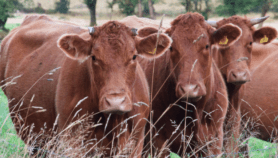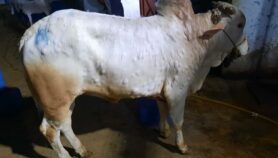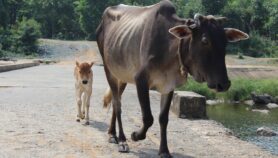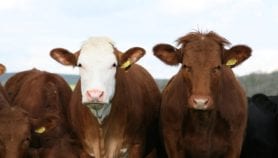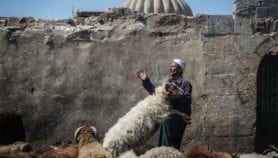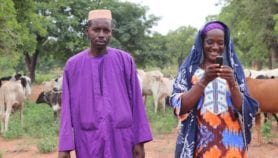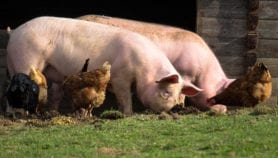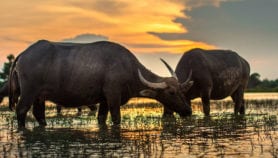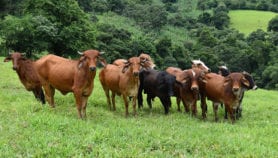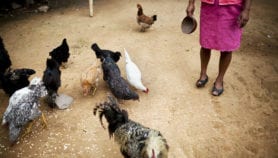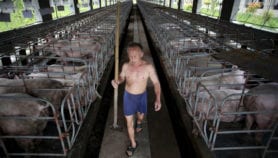By: Pratchaya W.
Send to a friend
The details you provide on this page will not be used to send unsolicited email, and will not be sold to a 3rd party. See privacy policy.
Scientists have urged policymakers to consider small-scale livestock producers when developing new policies to cut greenhouse gas (GHG) emissions from the sector.
Carlos Sere, director-general of the International Livestock Research Institute (ILRI), says researchers should play a role in providing methods that protect small farmers, in a paper presented at the 13th Animal Science Congress of the Asian-Australasian Association of Animal Production Societies in Hanoi, Vietnam, last month (22–26 September).
For example, innovative ways should be found to share price information with farmers, and new types of insurance policies developed.
"The rural poor’s poverty and small asset base means that they tend to be particularly vulnerable to external shocks and are not able to take risks as the consequences of failure can be catastrophic for themselves and their families," Sere told SciDev.Net.
The livestock sector produces 18 per cent of the world’s GHG emissions, with more than the 13 per cent produced by transport, according to the institute.
But calls to reduce the GHG emissions of the sector, by ‘shunning’ meat for example, could put the livelihoods of farmers in developing countries at risk.
Such calls are too simplistic and don’t differentiate between producers in the sector, Sere told SciDev.Net.
More than half a billion people worldwide raise five key livestock species — cattle, sheep, goats, poultry and pigs — with small-scale farms accounting for some 30 per cent of the agricultural gross domestic product in developing countries.
Sere says about 250 million people in Africa alone rely on livestock production, and stopping such production could trigger massive migration, as well as other social problems.
"If you stop [livestock] production, it will make a lot of people become poor … It’s important to have policies to facilitate these people so they can live and adapt to more modern challenges," he says.
Policymakers need to acknowledge this fact and come up with careful analyses so that they do not develop policies that affect these people, Sere concludes.
Iain Wright, ILRI’s regional representative in Asia, says there are ways to enhance livestock production among small-scale producers and help reduce GHG emissions by optimising their production and making it more efficient.


